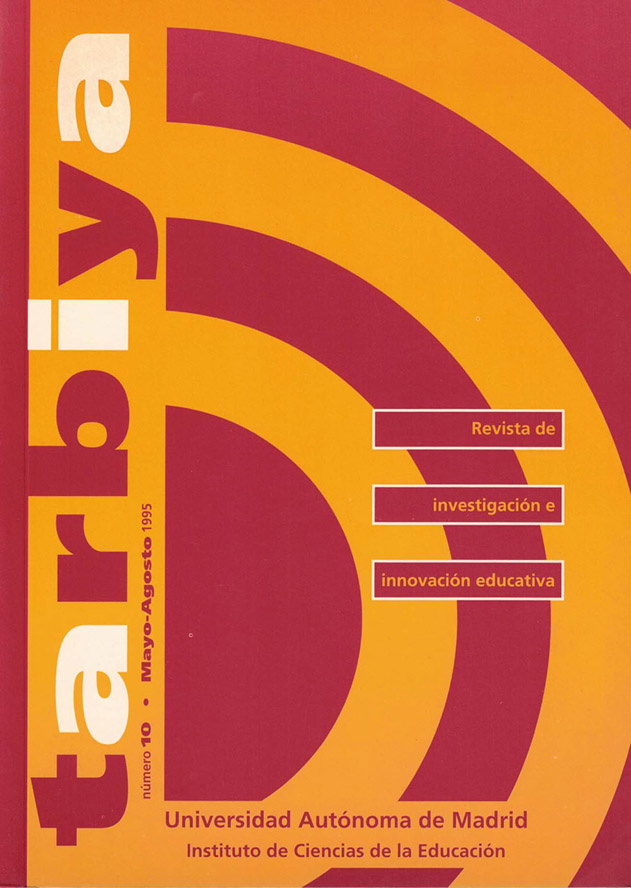Keywords:
Teaching Physics, Learning strategies, Contents, MethodsAbstract
Secondary pupils and university students show low standards in Physics. This may be due to a lack of basic strategies and the lack of response offered by the educational system towards this problem. Should this hypothesis be right, it would explain that a lack of basic strategies would surely limit the possibility to improve the contents or the teaching methods. In this case, a coherent response from the educacional system should be to teach subjccts how to learn, mainly at elementary levels, and therefore new teaching methods and contents could be exploited.
Downloads
References
DUFFY, S.A. (1986). Role of expectations in sentence integration. Journal of Experimental Psychology: Learning, Memory and Cognition, 12, 208-219.
KINTSCH, W. (1988). The Role of knowledge in discourse comprehension: A Construction-Integration model. Psychological Review, 95, 163-182.
NORMAN, D. (1980). Cognitive engineering and education. En D.T. TUMA y F. REIF (Eds.). Problem solving and education. Hillsdale, N.J.: Erlbaum.
O'BRIEN, E., SHANK, D., MYERS,J.L., & RAYNER, K. (1988). Elaborative Inferences During Reading: Do They Occur On-Line? Journal of Experimental Psychology: Learning, Memory and Cognition, 14, 410-420.
OTERO, J. (1990). Failures in monitoring text comprehension: An explanation in terms of the Construction-Integration model (ICS Technical Report, 90-17). Institute of Cognitive Science, University of Colorado, Boulder, Co., U.S.A.
OTERO, J. & CAMPANARIO, J.M. (1990). Comprehension evaluation and regulation in learning from science texts. Journal of Research in Science Teaching, 27, 447-460.
RUMELHART, D., MCCLELLAND, J. (1986). Parallell distributed processing. Explorations in the microstructure of cognition. Cambridge, Mass.: The MIT Prcss.
SINGER, M. (1994). Discourse Inference Processes. En Handbook of Psycholinguistics. New York: Academic Press.

